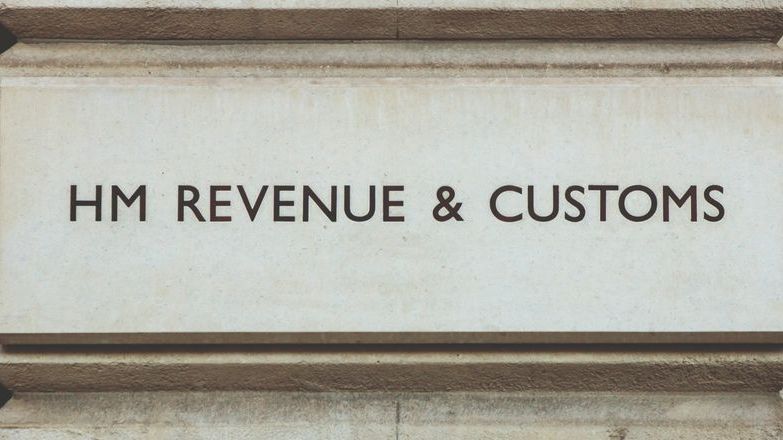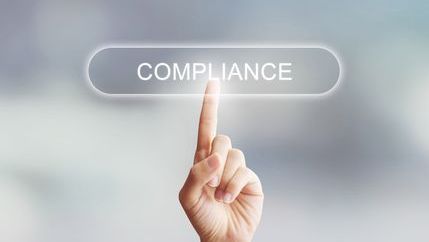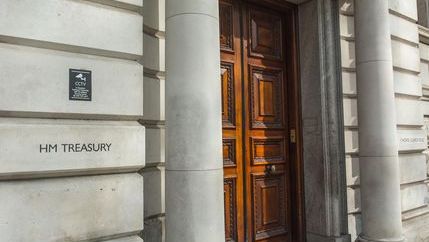
As one of the 25 Anti-Money Laundering (AML) supervisors in the UK, HMRC helps ensure businesses comply with the Money Laundering Regulations. OPBAS (Office for Professional Body Anti-Money Laundering Supervision) was established to strengthen the AML supervisory regime in the UK and ensure the professional body AML supervisors meet the standards required by the Money Laundering Regulations.
Estate and letting agents
HMRC currently supervises over 30,000 businesses across the UK, which includes, for the 2019-20 period, 13,116 registered estate agency businesses.
Over the same period, the total penalty valuation levied on estate agencies was £1,072,010.00 with only two penalties handed to estate agency businesses. This is a significant reduction from 2018-19 when 43 penalties were given to the sector and follows the overall downward trend in the number of penalties HMRC has handed to estate agents from 2015-16.
High value dealers
During 2019-20, there were 461 high value dealers registered with HMRC for AML supervisory purposes and the total penalty valuation on businesses in this category was £77,678.00, with a total of three financial penalties given. As with estate agents, the number of penalties handed out to high value dealers has fallen in recent years, from a peak of 42 during 2016-17.
Art market participants
Art market participants are firms or sole practitioners who trade in, or who act as an intermediary in, the sale or purchase of works of art and the value of the transactions, or a series of linked transactions, amounts to 10,000 euros or more.
The Money Laundering Regulations extended the scope of “obliged entities” to art market participants, meaning they are now covered by the legislation. Art market participants have until 10 June 2021 to register with HMRC for anti-money laundering purposes.
There were 36 art market participants registered with HMRC in 2019-20, with no penalties handed out during this time.
Report findings
The self-assessment forms part of HMRC’s commitment to the Economic Crime Plan 2019 to 2022, in which it pledged to deliver an enhanced risk-based approach to its supervision by March 2021 and carry out an annual self-assessment of its money laundering supervision.
Key findings of the self-assessment
- HMRC has completed risk profiles for all its supervised businesses and the risk assessment process has been formalised and improved.
- Steps have been taken to share new information on risks promptly.
- HMRC is working to increase supervisory interventions by recruiting staff and improving productivity.
- HMRC’s supervisory registration is broadly in line with regulations, but there are some areas for improvement, such as the 45-day target for processing registrations.
- To make sanctions more effective, proportionate and dissuasive HMRC has taken steps to toughen its approach, supported with a new sanctions framework, which will help ensure staff are consistently applying and calculating sanctions.
- HMRC keeps records of interventions and is driving up data reliability. Its performance is starting to improve through having a good quality assurance process in place.
- Supervisory fees are appropriate and recent changes to management ensure clearer allocation of responsibility in the AMLS team.
Next steps
In the Economic Crime Plan of 2019, HMRC committed to enhancing its supervisory effectiveness, and fees were increased that year to help HMRC meet the higher costs of supervision. A public consultation on the sustainability of the future fees model is expected to issue in the Spring.
Propertymark has worked extensively to keep members updated on the latest AML regulations. We have guidance for agents on complying with the Money Laundering Regulations, including How to Comply guides for NAEA Propertymark members and NAVA Propertymark members. For PPDs, we offer an AML questionnaire form so we can provide assistance based on your level of compliance.
Anti-money laundering (AML) training and resources
We have created a number of resources, forms and training options for agents and auctioneers to comply with their Anti-Money Laundering obligations.
In January 2019, we joined the UK Government’s task force to tackle economic crime which priorities and scrutinises performance against the economic crime threat. We have outlined several ways for Government to improve how it deals with AML, including expanding the role of supervisory bodies to reduce their reliance on HMRC.





